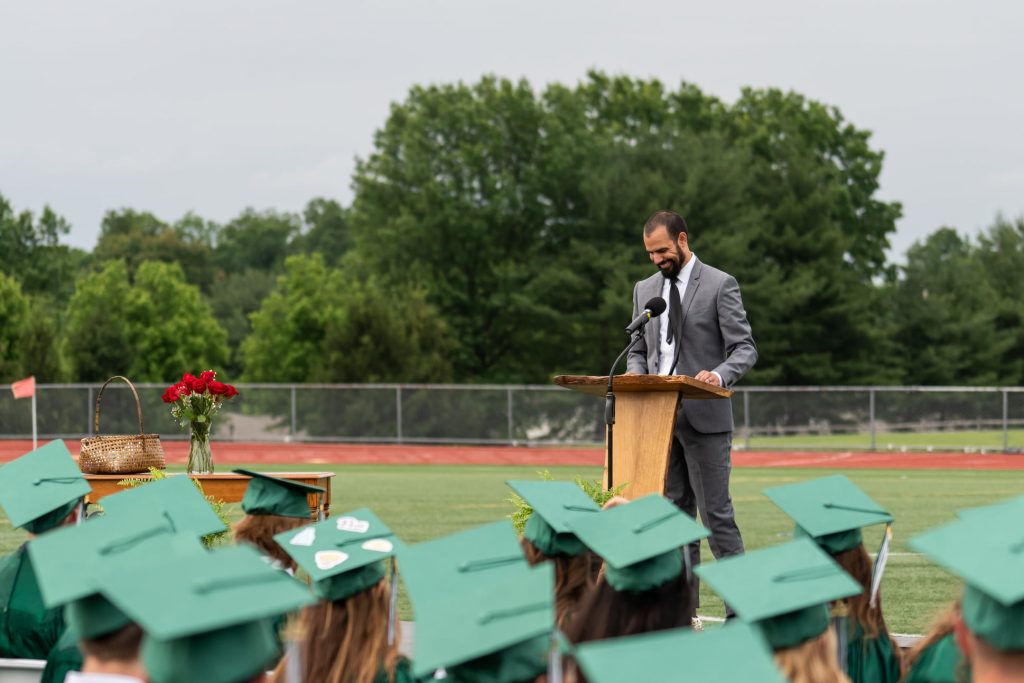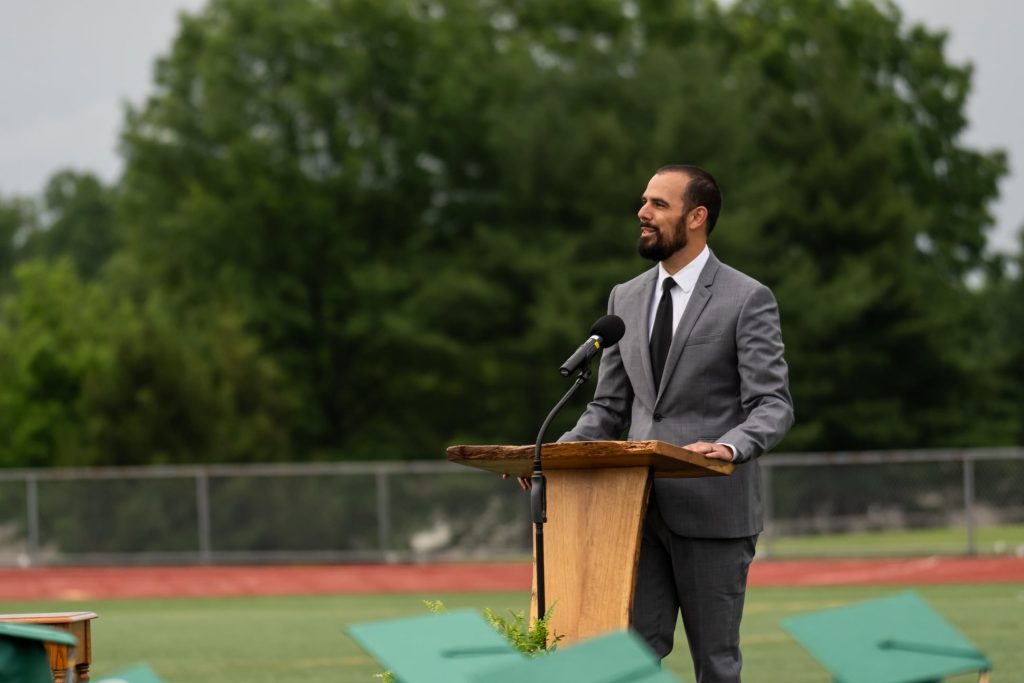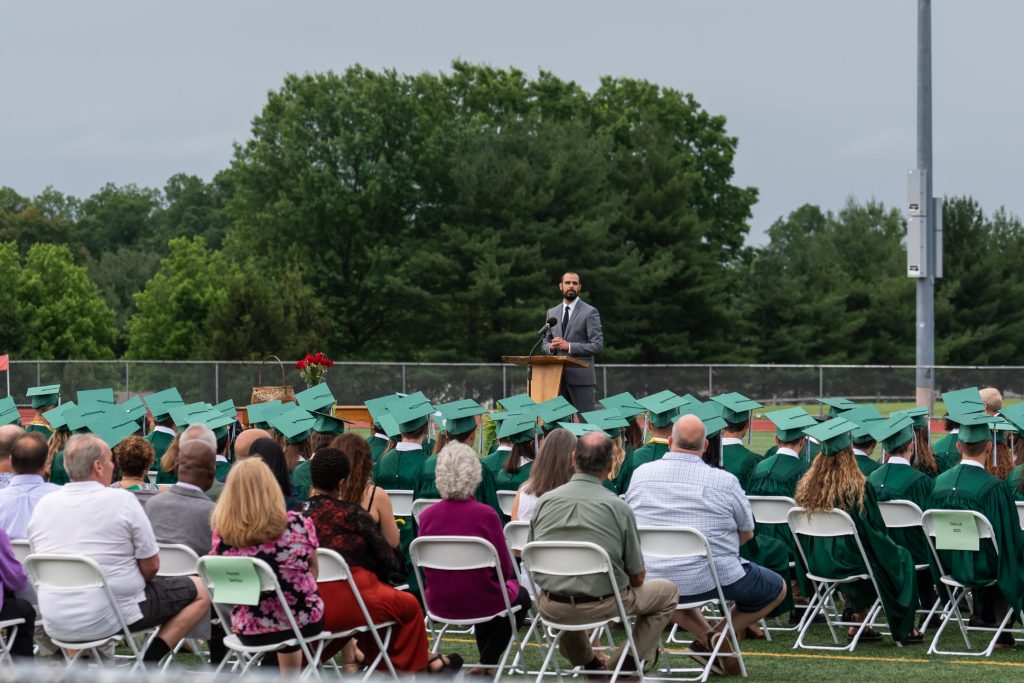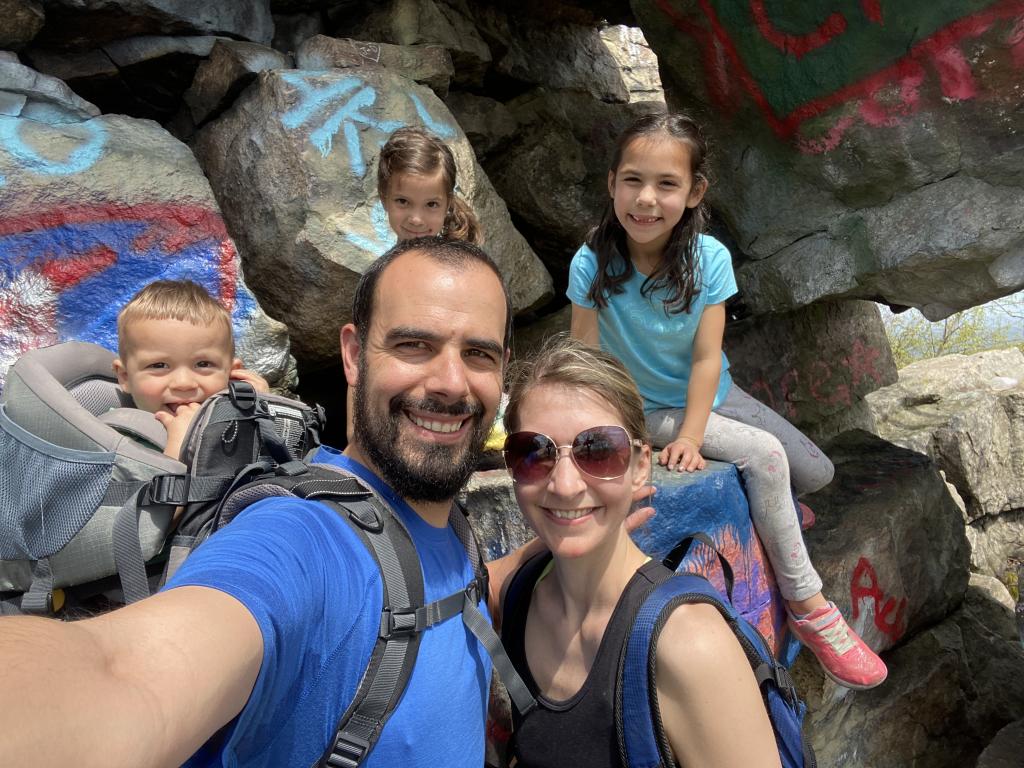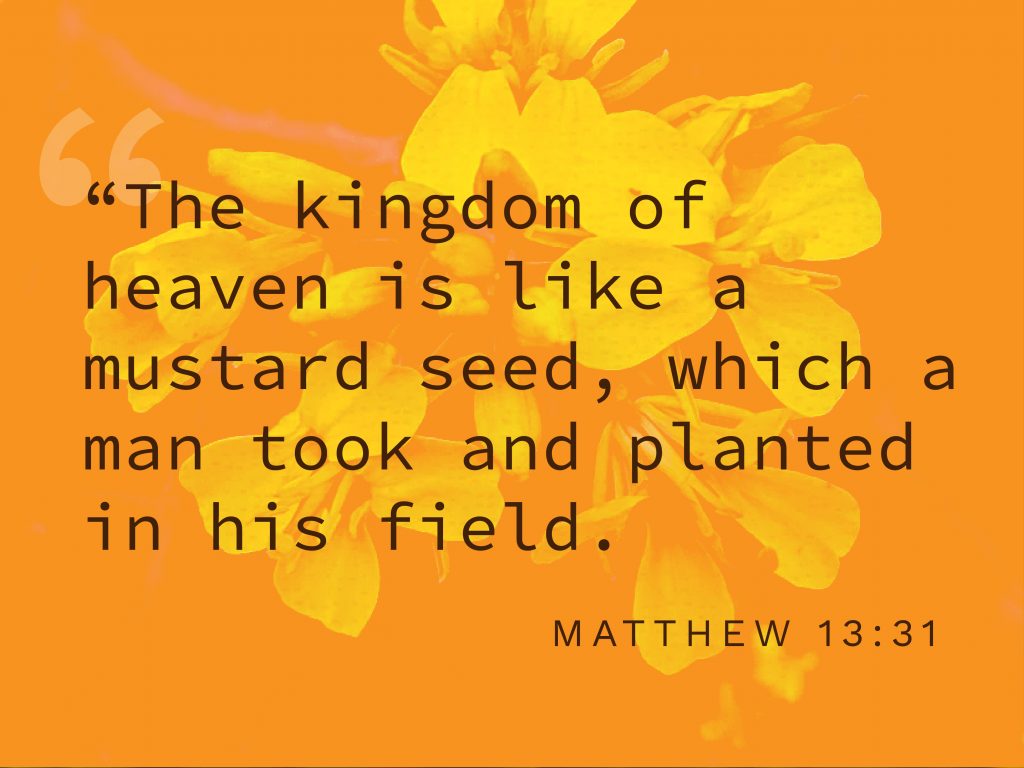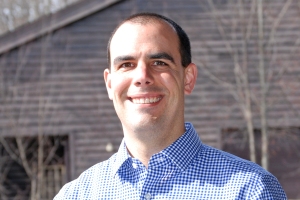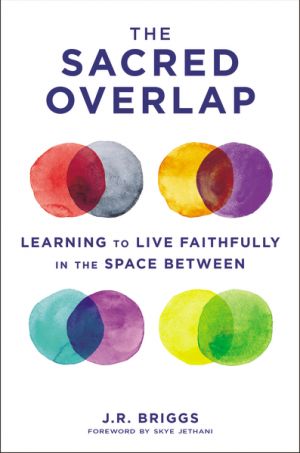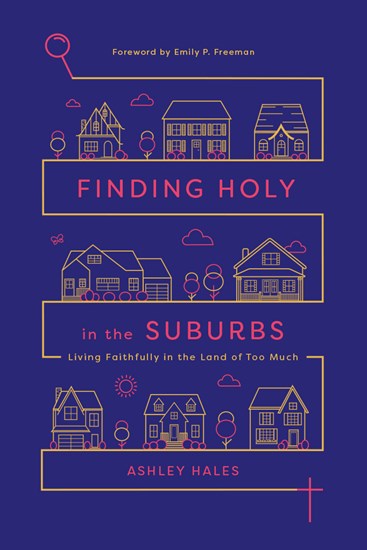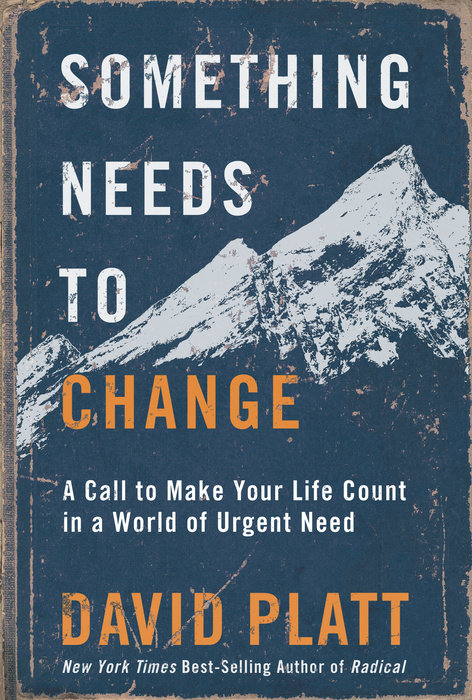Editor’s Note: On June 12, 2021, Pastor Josh Meyer, Mosaic Leadership Minister, gave the commencement address to the 2021 graduating class of Dock Mennonite Academy (Lansdale, PA). In the address, Meyer shared three stories with the graduates. The stories offered challenges and wisdom on how to pursue a meaningful life. Here is a story from Meyer’s speech.
A student once asked famed cultural anthropologist Margaret Mead what Dr. Mead considered to be the first sign of civilization in a culture. The student expected Dr. Mead to talk about fishhooks, clay pots, or grinding stones – some tangible tool that demonstrated advancement.
Instead, Dr. Mead said that the first sign of civilization in an ancient culture was a femur that had been broken and then healed. She went on to explain that in the animal kingdom, if you break your leg, you die. A broken leg means you can’t run from danger, get to the river for water, or hunt for food. In that state, you’re really just meat for prowling beasts. Quite simply, no animal survives a broken leg long enough for the bone to heal.

Therefore, a broken femur which has healed is evidence that someone cared for the fallen despite no benefit to themself. Someone has bound up the wound, carried them to safety, and tended them through their recovery.
Dr. Mead finished her answer by saying this: “Helping someone else through difficulty; that is where civilization begins. We are at our best as humans when we serve others. So be civilized…serve.”
